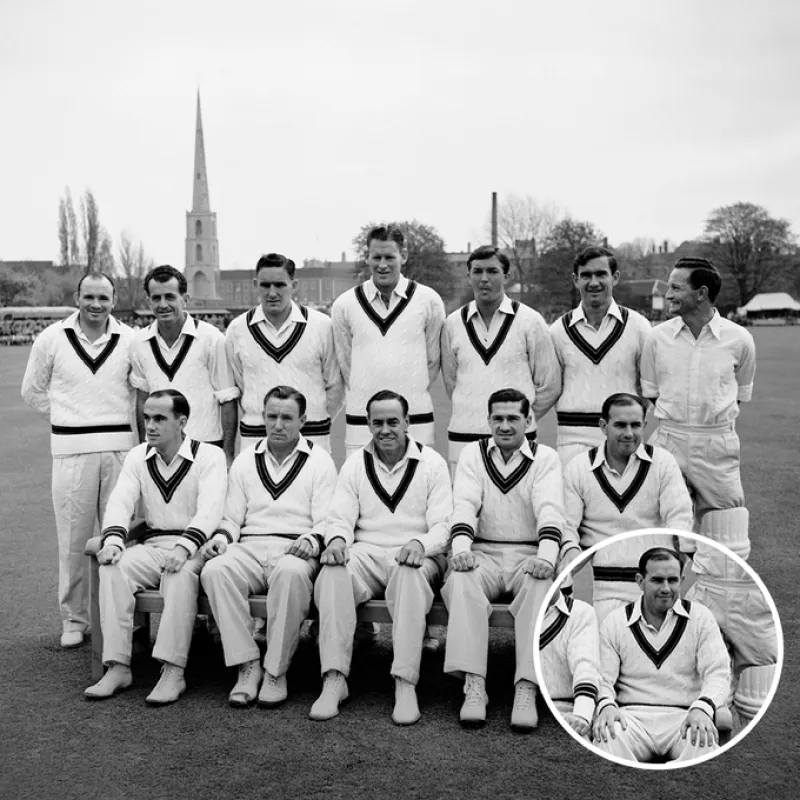The bank clerk who went to war is the epithet used to describes the heroics of David Steele, a journeyman cricketer who was plucked from obscurity to take on the might of the Australian fast bowlers.
The English side in 1975 were not in a good place. On the Ashes tour the previous winter, they had been thrashed by Australia, unable to cope with the pace and venom of Dennis Lillee and, in particular, Jeff Thomson.
Mike Denness had captained England on that tour. His form was so bad that at one stage he dropped himself. He had, by now, been sacked and replaced by Tony Greig. But, when the Australia team stayed on after the 1975 World Cup to play a four match Ashes series, it looked like a repeat was on the cards after the first match at Edgbaston.
Australia won by an innings and 85 runs, with Lillee taking 5-15 and 5-35.
In desperation, England turned to Steele, 33 and close to retiring from playing county cricket for Northamptonshire.
He did not look much like an international cricketer. He wore glasses, was grey-haired and softly spoken. And on his debut against the Australians at Lord’s in the Second Test, he lost his way in the pavilion when going out to bat, and got lost in the toilets.
But, once he got to the middle, he showed immense courage under considerable fire, and showed considerable ability against hostile fast bowling, despite Thomson labelling him as ‘Groucho Marx’.
That summer he made successive scores of 50, 46, 73, 92, 39 and 66. Although England did not win any of those matches, he had helped stop the rot.
So great was his contribution to the English cause that he was named BBC Sports Personality for that year.
The following year he scored a century against an even more fearsome attack, the West Indies at Trent Bridge. However, his international career was short-lived. He only made 8 Test and one ODI appearances for his country, and was dropped for the tour of India because it was believed he could not play against spin bowling.
He went back to county cricket but his brief summer in the spotlight lives in the memory of English cricket fans.

